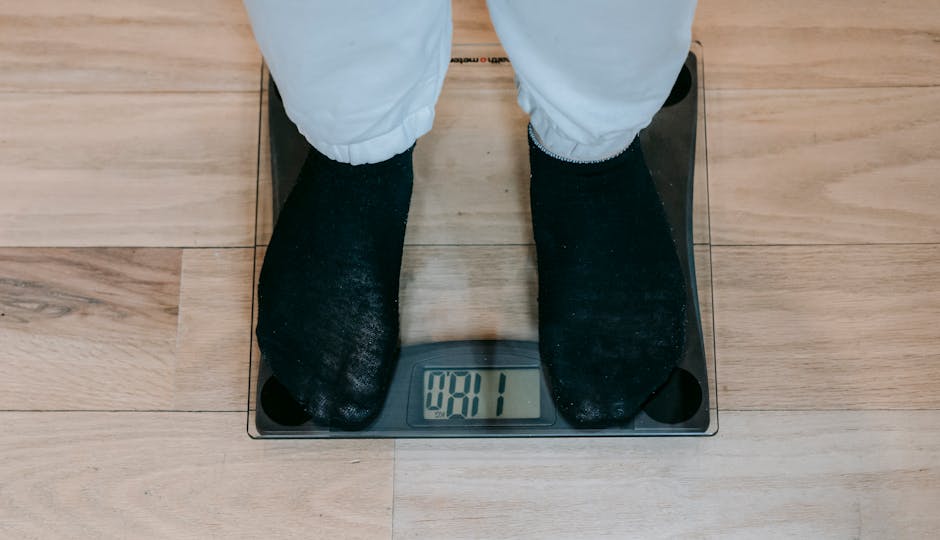Maintaining a healthy weight is crucial for overall well-being. A well-balanced diet plays a vital role in weight loss and management. This blog post delves into the intricacies of diet and weight loss, providing a comprehensive guide to help you achieve your weight loss goals in a sustainable manner.
**Understanding Calorie Deficit**
The fundamental principle of weight loss is creating a calorie deficit. This means consuming fewer calories than your body burns. A calorie deficit forces your body to tap into its stored energy, resulting in the breakdown of fat and subsequent weight loss.
**Macronutrients: The Building Blocks of a Diet**
Macronutrients are the essential nutrients that provide the body with energy and sustenance. The three primary macronutrients are carbohydrates, protein, and fat. Each macronutrient has a specific calorie content and plays a distinct role in weight loss.
**Carbohydrates:** Complex carbohydrates, such as whole grains, fruits, and vegetables, are essential for providing energy. They are slowly digested, promoting satiety and maintaining stable blood sugar levels.
**Protein:** Protein is crucial for building and repairing tissues, promoting muscle growth, and enhancing satiety. Lean protein sources include poultry, fish, beans, and tofu.
**Fat:** Healthy fats, such as those found in avocados, nuts, and olive oil, provide energy, support hormone production, and enhance nutrient absorption.
**Micronutrients: Essential for Overall Health**
Micronutrients, including vitamins and minerals, are essential for various bodily functions. While they do not directly contribute to calories, they play a crucial role in metabolism, energy production, and overall well-being.
**Hydration: The Importance of Water**
Water is vital for numerous bodily processes, including digestion, nutrient absorption, and waste elimination. Adequate hydration supports weight loss by promoting satiety, reducing calorie intake, and boosting metabolism.
**Meal Planning and Portion Control**
Meal planning and portion control are essential aspects of a successful weight loss diet. Planning meals in advance helps you make healthier choices and avoid impulsive eating. Portion control ensures you consume appropriate amounts of food, preventing overeating and excessive calorie intake.
**Mindful Eating: Paying Attention to Your Food**
Mindful eating is a practice that involves paying attention to your food, eating slowly, and savoring each bite. This technique promotes awareness of hunger and fullness cues, leading to more controlled eating and reduced calorie consumption.
**Consistency and Sustainability**
Weight loss is not a quick fix but rather a journey that requires consistency and sustainability. Crash diets and fad trends may yield short-term results but often lead to weight regain. Focus on making gradual, sustainable changes to your diet and lifestyle that you can maintain over time.
**Conclusion**
Losing weight and maintaining a healthy weight requires a comprehensive approach that encompasses a balanced diet, regular physical activity, and healthy lifestyle choices. By understanding the principles of calorie deficit, macronutrients, micronutrients, hydration, meal planning, portion control, mindful eating, and consistency, you can create a sustainable weight loss plan that supports your overall well-being and promotes a healthy lifestyle.

